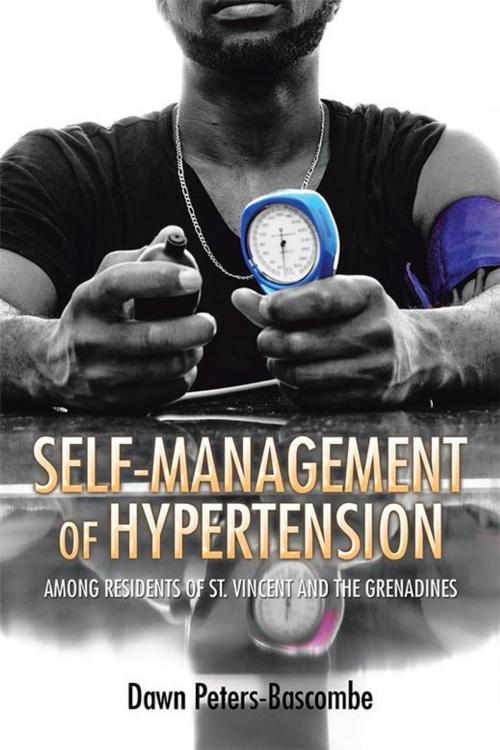Self-Management of Hypertension
Among Residents of St. Vincent and the Grenadines
Nonfiction, Health & Well Being, Health, Health Care Issues| Author: | Dawn Peters-Bascombe | ISBN: | 9781514404430 |
| Publisher: | Xlibris US | Publication: | September 28, 2015 |
| Imprint: | Xlibris US | Language: | English |
| Author: | Dawn Peters-Bascombe |
| ISBN: | 9781514404430 |
| Publisher: | Xlibris US |
| Publication: | September 28, 2015 |
| Imprint: | Xlibris US |
| Language: | English |
Research shows that African-Caribbean populations with hypertension have poorer health outcomes. This exploratory and descriptive study described and analyzed self-management behavior among male and female hypertensive residents of a village in St. Vincent and the Grenadines (SVG). This qualitative study took place in Lowmans Windward village in SVG. In-depth semi structured interviews were conducted with a purposive, snowball sample of 15 females and 15 males. Most participants were poor but all had access to governmentally funded health care. Non-adherence to medical recommendations on physical activity and dietary intake was evidenced among all participants. Over 80% of participants did not own a blood pressure monitoring equipment. Females rendered more support to their spouses than they themselves received from husbands. More than 60% of participants used herbs and home remedies to control their blood pressure. More males reported social support than females. Results generally show that self-management of hypertension behaviors among both female and male residents of SVG are not extensive and that preventive behaviors can be enhanced with adequate dietary intake, daily physical activity and frequent self-blood pressure Monitoring.
Research shows that African-Caribbean populations with hypertension have poorer health outcomes. This exploratory and descriptive study described and analyzed self-management behavior among male and female hypertensive residents of a village in St. Vincent and the Grenadines (SVG). This qualitative study took place in Lowmans Windward village in SVG. In-depth semi structured interviews were conducted with a purposive, snowball sample of 15 females and 15 males. Most participants were poor but all had access to governmentally funded health care. Non-adherence to medical recommendations on physical activity and dietary intake was evidenced among all participants. Over 80% of participants did not own a blood pressure monitoring equipment. Females rendered more support to their spouses than they themselves received from husbands. More than 60% of participants used herbs and home remedies to control their blood pressure. More males reported social support than females. Results generally show that self-management of hypertension behaviors among both female and male residents of SVG are not extensive and that preventive behaviors can be enhanced with adequate dietary intake, daily physical activity and frequent self-blood pressure Monitoring.















